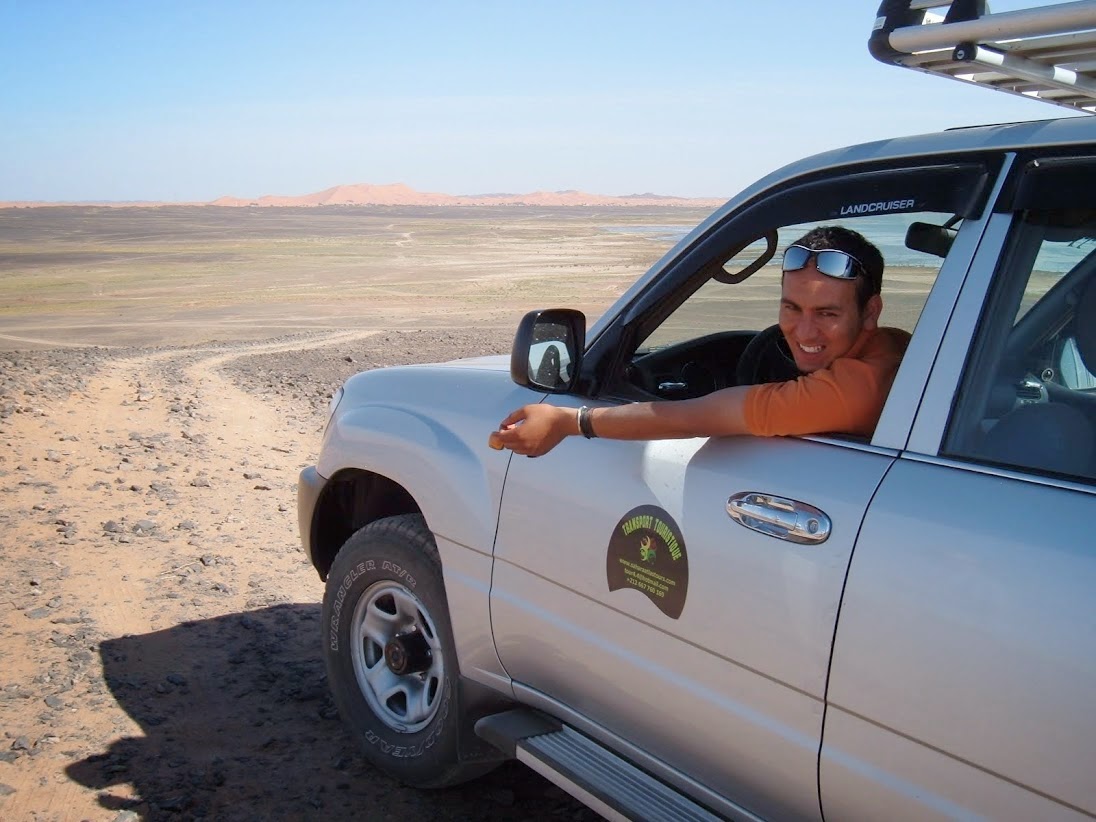Did you know that Morocco boasts a very important theatre tradition?
The Amazigh Theater Festival in Morocco is a theatrical spectacle with a unique twist.
Theatre comprehends elements of speech, gesture, music, dance and sound; they are all incorporated in a similar way in theatres across the globe.
You will be able to enjoy theatre productions in Berber language.
This ancient North African language has been an integral part of Moroccan Culture for centuries and it continues to play a large role in Morocco today.
Moroccan theater is a fusion of Western theatrical traditions and the Arabo-Tamazigh performance cultures.
Masks, miming and puppetry may be found combined with the use of Berber language in theatre festivals in Morocco.
If you want to enjoy the theatrical delights of the Amazigh Theater Festival in Morocco, you should do your best to get to Casablanca during the month of May. Of course, the exact dates of this festival may change each year; it would be better to check in advance if you would like to make sure that you are able to enjoy as much of this festival as possible. Even if you do not understand the Berber language, a visit to such a festival will provide interesting insight into the language and customs of Morocco.
Theatrical genres may include comedies, horrors, musical theater and much more and you can expect to find something for everyone. So come and enjoy this remarkable and unique form of theatre in Casablanca in Morocco. It is the only place in the world where you will ever see a theatrical production staged in this ancient language.
Do not hesitate to contact Sahara Atlas Tours for information on Berber Theatre Production.
Theatre is supported by the Ministery of Culture: 2015 will be a very important year for theatre.
Have a look at this very interesting article: 15 millions DH will be invested to support cultural programmes.
Theatre is supported by the Ministery of Culture: 2015 will be a very important year for theatre.
Have a look at this very interesting article: 15 millions DH will be invested to support cultural programmes.
























